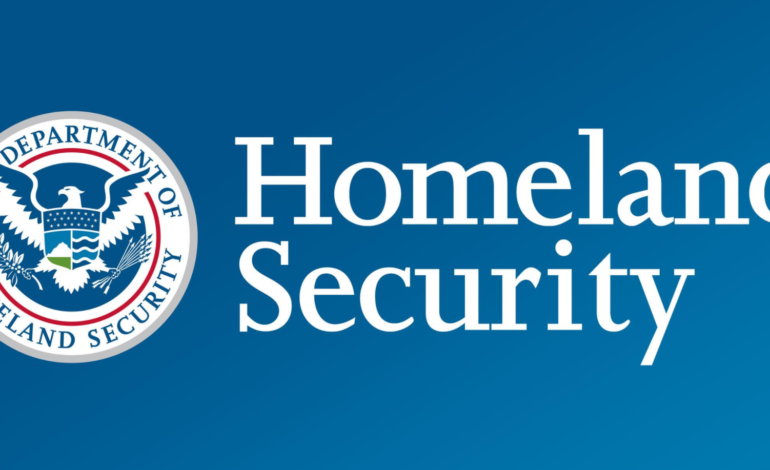

The United States Department of Homeland Security (DHS) has increased the visa fees for foreign touring artists by over 50 percent, according to National Public Radio (NPR). These fees will be specifically applied to the O and P visas, that typically cover individual artists and groups, while allowing them to work in the country for a specific period of time.
The O visas, which are given to special artists with “Individuals with Extraordinary Ability or Achievement,” will rise from $460 to $705, a 53 percent increase. The P visas, which are awarded to groups or “culturally unique” artists, will increase from 51 percent, from $460 to $695. These changes were announced by the U.S. Citizenship and Immigration Services (USCIS), who are under the DHS last Thursday.
The USCIS stated that they increased these fees after “conducted a comprehensive biennial fee review and determined that current fees do not recover the full cost of providing adjudication and naturalization services.” They state that the USCIS lost ” $1.1 billion less in non-premium revenue” for the second half of 2020 and that they “cannot absorb that large of a revenue loss and have enough funding to sustain operations at the same level as prior to the pandemic.”
This decision has caused some controversy by immigration attorneys, who explained that it will increase the financial pressure on touring artists even more than they are already. Many touring artists currently hire their own immigration attorneys to handle the visa situations for them.
“The bigger problem,” Matthew Covey, an immigration attorney with the nonprofit Tamizdat told NPR, “is that [Immigration and Naturalization] and later USCIS adjudication of the O and P regulations has become so arbitrary and onerous, that most arts institutions have been forced to hire attorneys to manage the process for them. As such, presenting performing artists in the U.S. now comes with massive legal costs which are — in our opinion — a catastrophic financial impediment to cultural exchange.”
